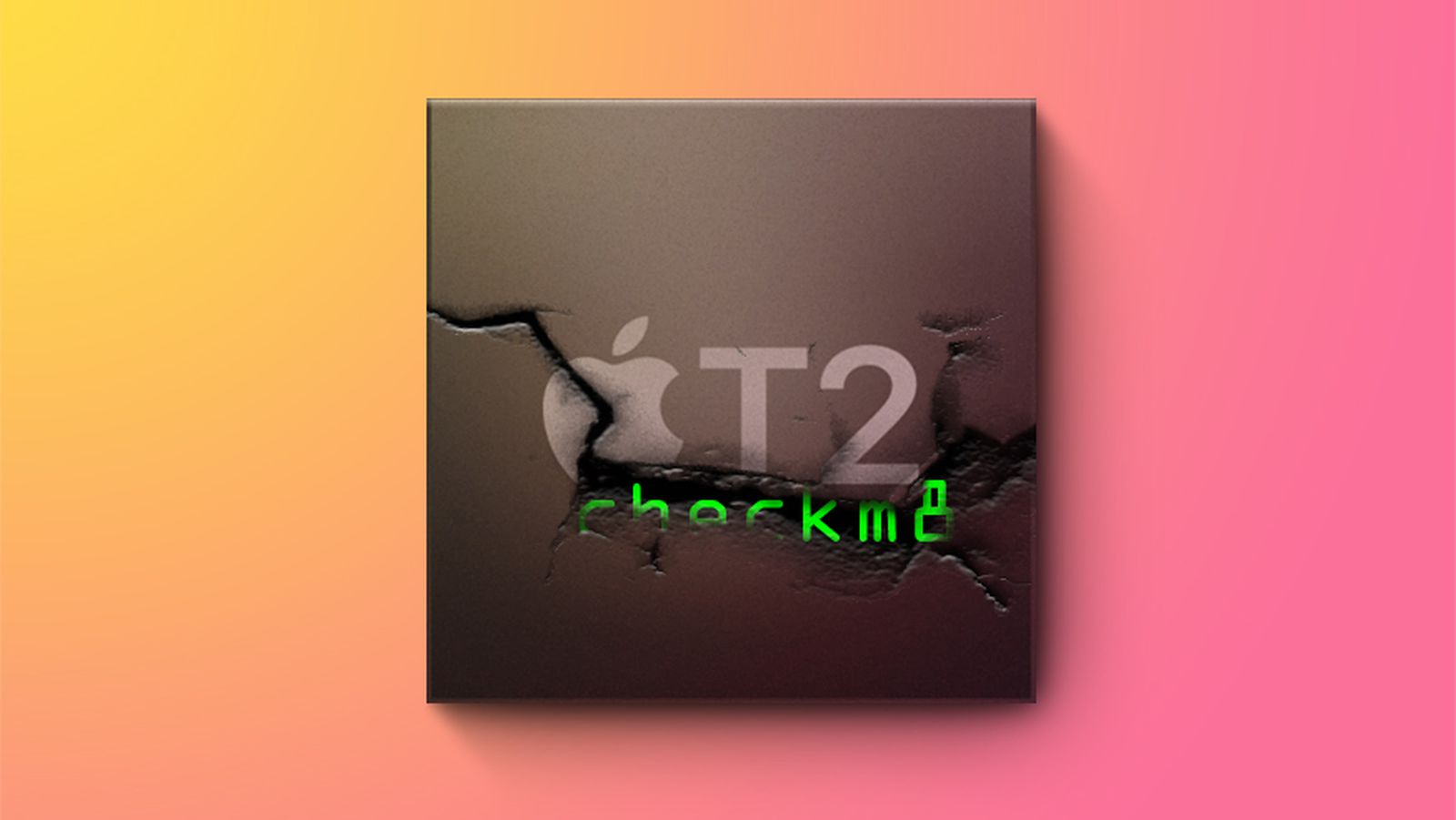Interesting!Transmeta would have allowed something like that.
I definitely see that problem with it, but it's a total trade off Compatibility vs.d performace. I'd take compatibility on 99% of the tasks I see over performance.There is always a performance penalty to pay for that.
That's pretty much what I thought, and it works pretty well.Rosetta is also a similar concept.
I actually use Java quite a lot, it's IBM's go to language for running on different OS's. I just wish it were supported a bit better. For a long time it was too slow to be tolerable, but with modern hardware today, that's not as much a problem.However, java is probably the closest living equivalent. Java assumes an imaginary virtual machine, and is independent of the underlying hardware. Sun tried to base a ”javaOS” on such a concept, but it was not very popular.
I don't think I ever heard of JavaOS. It sounds really good, but not for the year. But now, maybe it could work.
Structure information
- Platform independent
- supports 32-bit up to 128-bit operating systems, depending on used platform
- Microkernel
- needs low resources, 256 kbytes of RAM and 512 kbytes of ROM, for Internet application 4 mbyte RAM and 3 mbyte ROM
- small and efficient
- works with an Host-system or standalone
- HotJava as a window system installable


